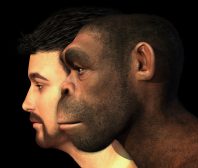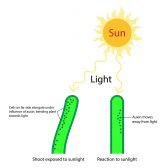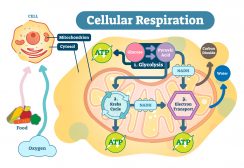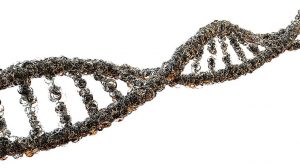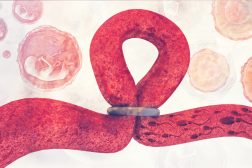Definition
noun, plural: anthroponoses
An infectious disease that can be transmitted from a human host to an animal host
Supplement
Anthroponosis refers to an infectious disease of humans that can be transmitted naturally to other animals. It is a reverse of the zoonosis wherein a pathogen or a parasite infects primarily an animal but can also infect and cause disease (usually with more symptoms) in humans.
The disease transferred by a human host to an animal host may cause the same disease or a different disease in the animal host. Examples of an anthroponosis are leishmaniasis and tuberculosis, although both of them may also serve as a zoonotic disease.
The mode of transmission of anthroponotic diseases is usually through skin contact. Primates are also usually the type of animals that become prone to acquiring infectious diseases of humans. That is because humans and other primates due to their extensive biological similarities. Primates in enclosures such as zoos and research facilities are usually at risk to anthroponosis. One of the preventive measures of transmitting diseases between humans and these animals is by administering vaccines to them that are similarly given to humans.
Synonym(s):
- anthroponotic disease
- reverse zoonosis
Compare:
See also:

